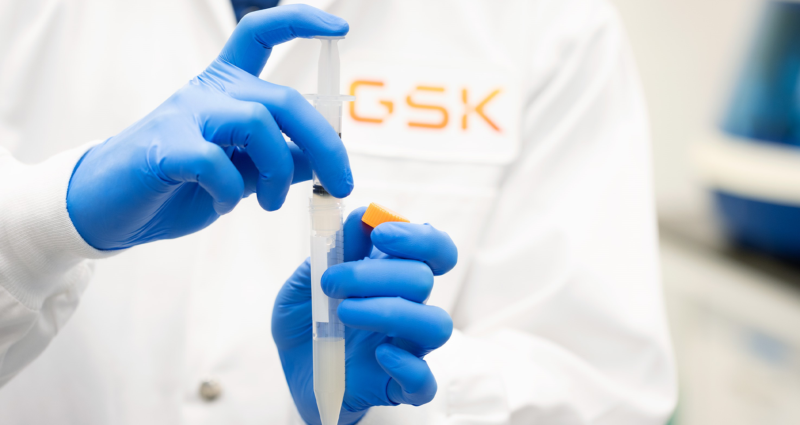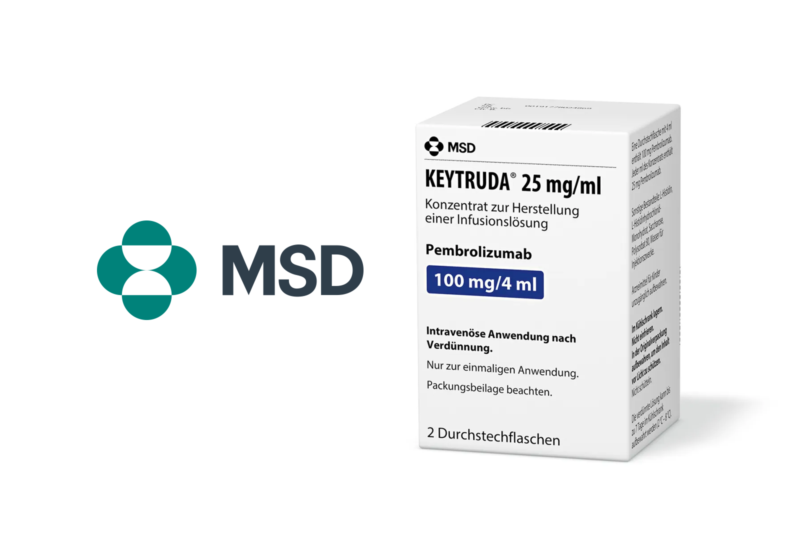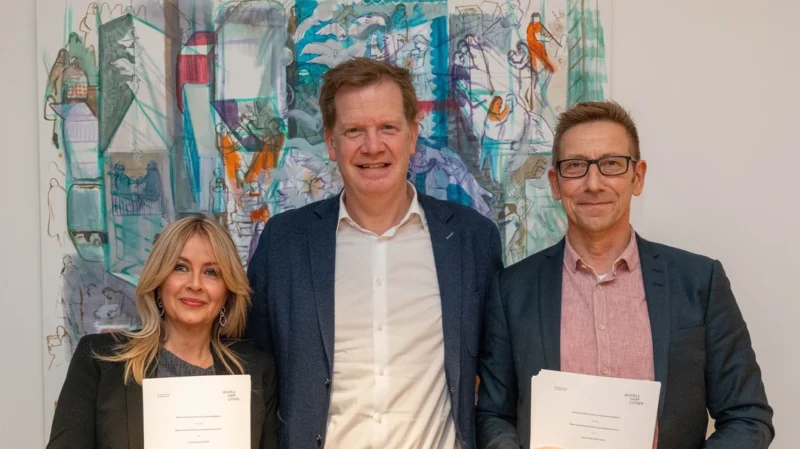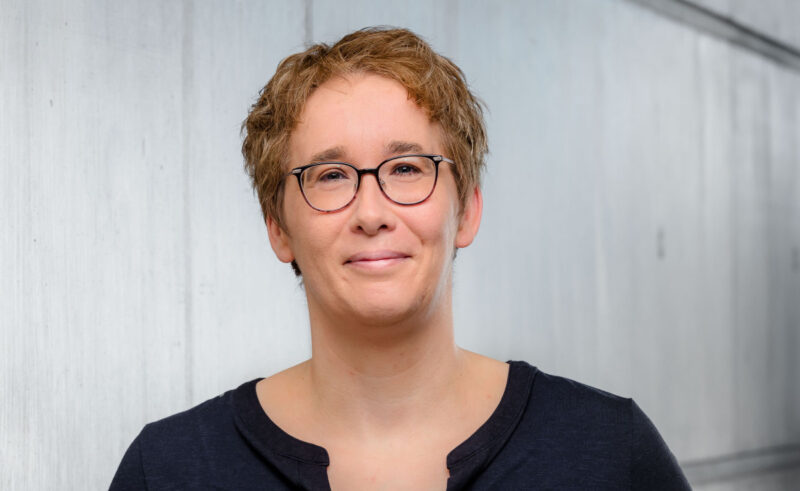
Friday, May 30, 2025
G-BA Enables Access to Smoking Cessation Medications for Statutorily Insured Patients with Severe Tobacco Addiction
Berlin, May 15, 2025 – The Federal Joint Committee (G-BA) has specified the conditions under which statutorily insured individuals with severe tobacco addiction are now entitled to receive prescription medications to support smoking cessation. The decision allows patients participating in evidence-based cessation programs to be prescribed medications such as nicotine or varenicline. This marks a significant shift from the previous general exclusion of such medications from coverage.
This new entitlement is based on § 34 (2) of the German Social Code Book V (SGB V), introduced through the Health Care Development Act. The G-BA was tasked with defining which medications may be prescribed and under what conditions.
Eligible patients must receive a confirmed medical diagnosis of severe tobacco dependence (ICD F17.2 – “dependence syndrome”) and undergo a clinical severity assessment. One method is the Fagerström Test for Cigarette Dependence (FTCD), where a score of 6 or more indicates severe addiction. Patients who are unable to quit smoking despite serious health risks, such as COPD or cardiovascular conditions, are also classified as severely dependent.
Only medications containing the active ingredients nicotine or varenicline are considered eligible for reimbursement, as their effectiveness for severe dependence has been scientifically proven. Nicotine helps relieve withdrawal symptoms in forms such as patches or gum. Varenicline acts on the brain to reduce cravings and withdrawal. Combination therapy using both substances remains excluded. After three months, a physician must review treatment efficacy. In case of relapse, coverage for medication is only available again after three years.
To qualify for reimbursement, patients must also participate in an evidence-based smoking cessation program. These programs must meet defined standards in terms of scientific content, methodology, duration, and facilitator qualifications. This applies to both in-person and digital formats. Digital health applications (DiGAs) that are officially approved for the F17.2 diagnosis and are permanently listed in the DiGA directory are also recognized.
This G-BA decision marks a milestone in the medical care of patients with severe tobacco addiction. The decision is based on benefit assessments from the Institute for Quality and Efficiency in Health Care (IQWiG), focusing on four substances: bupropion, cytisine, nicotine, and varenicline. Only nicotine and varenicline demonstrated sufficient benefit for severe cases. Bupropion and cytisine lacked the necessary data.







